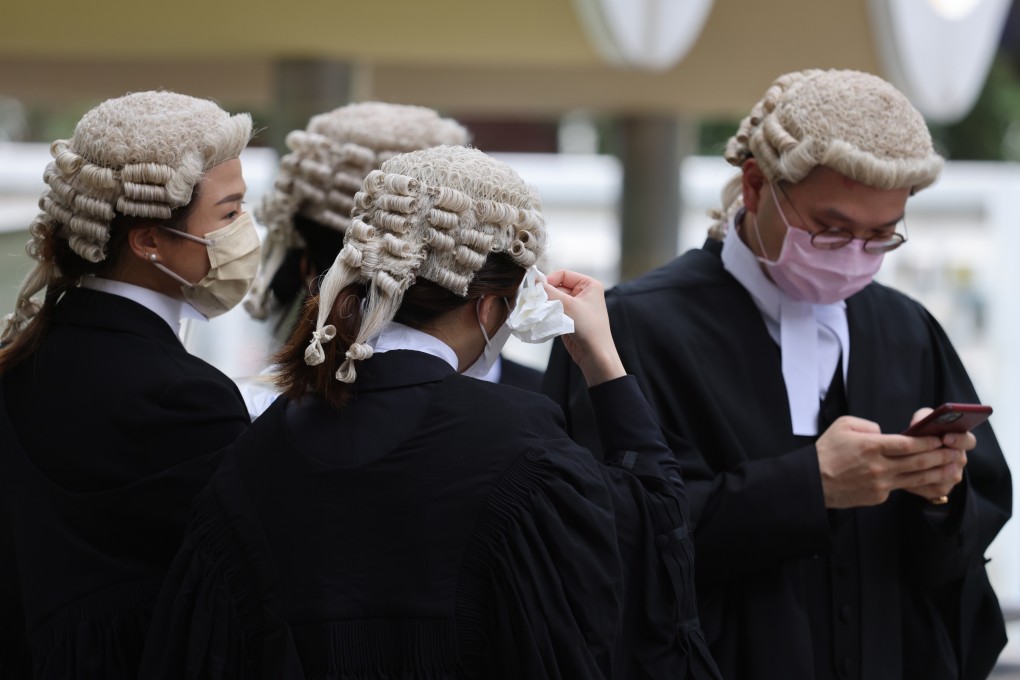Opinion | Allowing religious head coverings for barristers a big step for diversity in Hong Kong
- The move sets an important precedent for workplaces to fight dress code discrimination and model inclusive values and culture, and to effect change beyond simply complying with the law

I would not be surprised if most readers missed the story as it was not front-page news. However, for those directly affected by the change and the many others working with people who face similar issues, it is momentous.
I would like to congratulate the chief justice and Bar Association for securing this exemption, which is a big step for cultural inclusion in a profession seen as highly traditional.
We hope the high-profile example set by the Bar Association will be suitably promoted and given visibility so it can have a trickle-down effect on other organisations and employers. It sets a precedent and is one that should be emulated.
A survey carried out by local NGO Treats a few months ago among ethnic minorities in Hong Kong cited examples of an employee being berated and banned from wearing a headscarf and others being turned down for job interviews despite being qualified. Respondents reported facing comments about their race, culture and clothing in the workplace.
